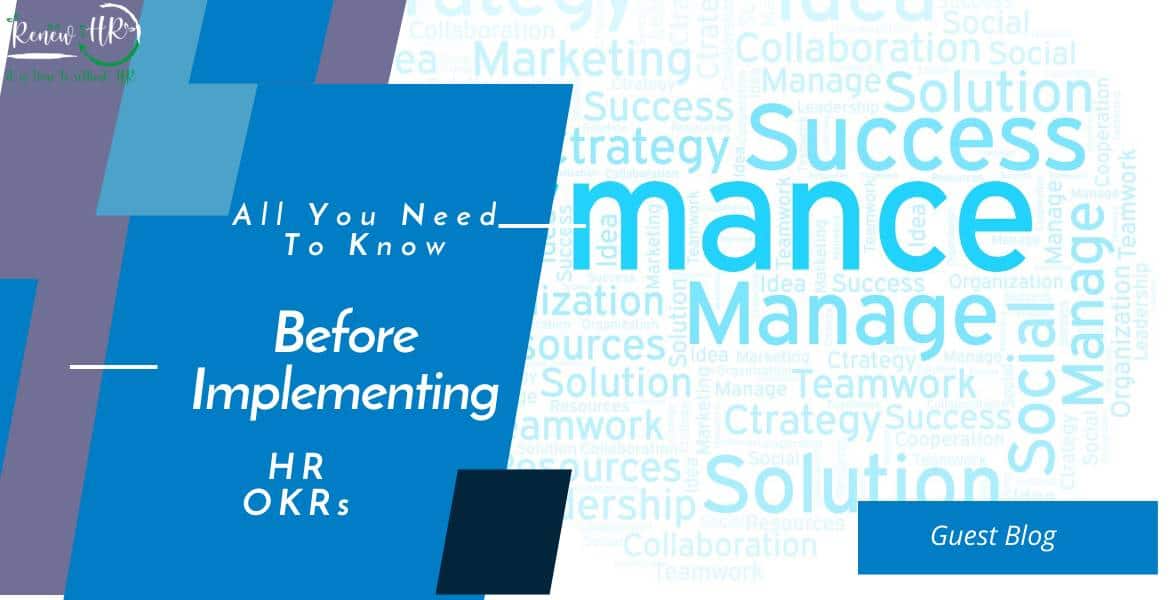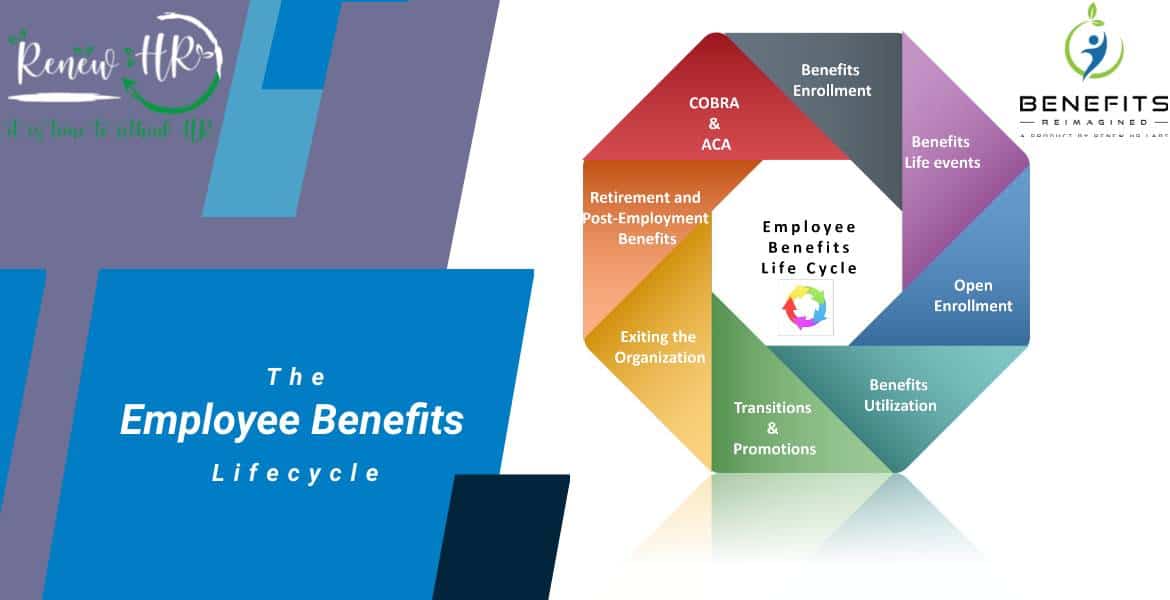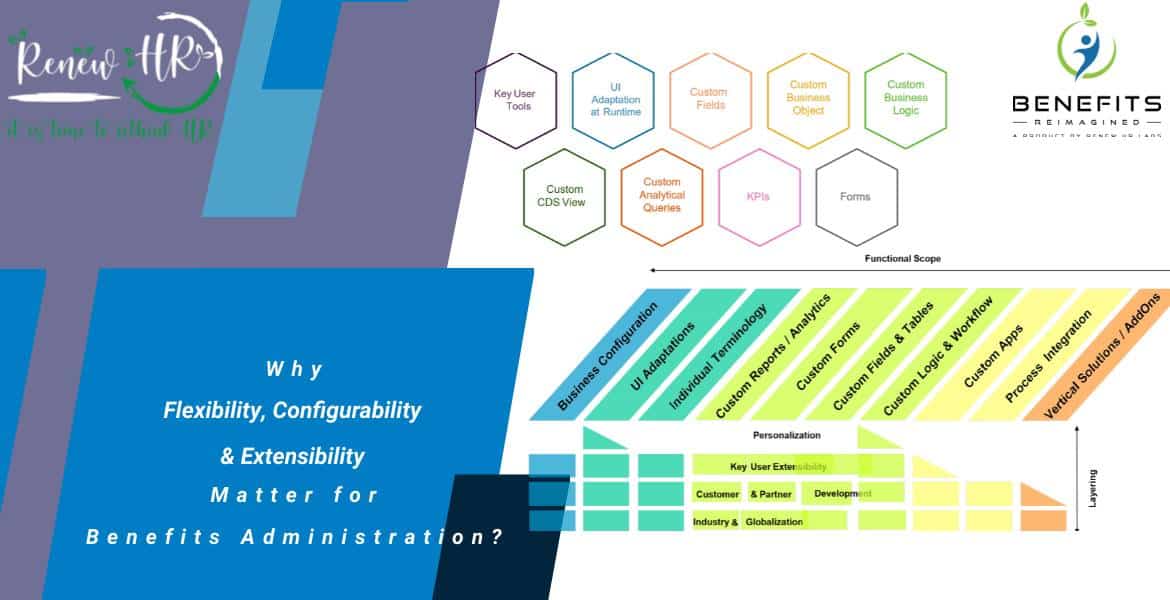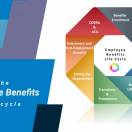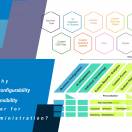The Human Resources department is an integral function in any business. It is responsible for so many different things including designing policies, managing performance, and ensuring employees get the right training. HR also makes sure employees have the tools and resources they need to do their job, as well as feeling happy and fulfilled in their roles. As HR also has the task of hiring new employees, choosing the right people for the job is crucial to the success of the business.
It’s essential to get this right. Businesses can use OKR (Objectives and KeyResults) in improving their HR processes and designing goals that help them to grow and develop.
Contents
How Important Are OKRs?
If you’re looking to stretch yourself and your business to meet ambitious goals, OKRs are a proven way to do this. Employees often find it difficult to feel aligned with their organization if they do not understand how their work contributes to a bigger overall plan.

OKRs provide goal transparency across the entire business. As a result, people are clearer about the impact of their work in relation to their colleagues and the organization as a whole. This helps to promote a workplace culture where employees are purpose-driven and more productive. They also give people something to focus on, offering clarity and direction in their work.

What Are HR Processes?
HR Processes are created by the HR Team and used by the whole organization. They are designed with the purpose of managing the needs of employees throughout their lifetime with an organization. Some HR processes will differ depending on the size and nature of the business, but there are core processes that every business should have in place.
These processes are for:
- Recruitment, selection, and hiring
- Onboarding and offboarding
- Employee relations
- Training
- Learning and development
- Performance management and appraisal
- Benefits
Each of these processes will need to be strategically designed and well thought out. They are incredibly important in making sure the organization runs smoothly and employees throughout every department are happy, engaged, and productive.
Why Should The HR Department Implement OKRs?
Using OKR Tracker in the HR team helps to set challenging goals that have measurable results in improving HR processes. HR systems and processes are incredibly important to a business. They go to the heart of employee satisfaction. In turn, this has a significant impact on productivity.

For example, OKRs can be used in improving the availability of learning and development opportunities, creating a compensation and benefits package, and keeping employees engaged and motivated. Using OKRs helps to bring focus to making sure these processes are as effective as possible. They also provide a framework for businesses to use in setting objectives and then tracking the progress of achieving them.

Common Misconceptions Of Implementing OKRs in the HR Department
The most common misconception when it comes to implementing OKRs is that they will have an effect on how an employee’s performance is viewed and scored. One of the main ways businesses have always looked at employee performance is through goals and objectives. These have formed the basis of yearly review processes for many years.
The purpose of these performance-related-goals is notably different from OKRs.
They are there as a benchmark in assessing whether employees are all meeting the targets set. They are also proven to help create a sense of accountability while encouraging personal development. OKRs, on the other hand, are about meeting an organization-wide goal. They are therefore independent from performance management and evaluation. They should of course be acknowledged when looking at an employee’s performance if they achieved the goals set for them by the OKR. A failure of the team or the business to meet the objective, however, should not be considered to be the fault of the employee.
How Do HR OKRs Help The Department To Progress?
Implementing OKRs makes the HR department better. This is because it involves the whole of the HR team in looking at the current processes and seeing how they can be improved. It gives people an opportunity to share what they think the current problems are and how things could be done better. It also involves them in the design process.

Other goal-setting methods may come directly from senior management and don’t allow for any employee input at all. By involving employees in the entire process, they will feel a sense of responsibility and a desire to achieve the goals they set for themselves. In turn, this makes them more excited and enthusiastic about meeting those goals.
Some of the other benefits of HR OKRs
- Goal-alignment. This means reducing the risk of overlaps in work which waste time and resources. Where every employee knows what they should be working on, it makes sure the job gets done quicker and more effectively.
- Employees know their work has a purpose. Employees feel recognized and included in the process of designing their own goals in the knowledge that they will have a wider effect on the success of the business.
- It makes the employee experience better. From onboarding to offboarding, having great processes and procedures in place makes work a much more enjoyable and happier place to be.
- Transparency & open communication. Being transparent and open about the current problems with the team and in designing goals to make things better encourages a feeling of trust and respect within the team.
Wrapping Things Up
Your HR strategy determines the success of your business. They take a lot of strategic planning to make sure everything runs as smoothly as possible.OKRs can help you design these processes and meet your objective.
- All You Need To Know Before Implementing HR OKRs - 21/08/2022


